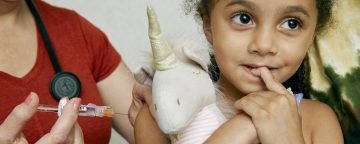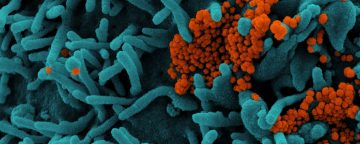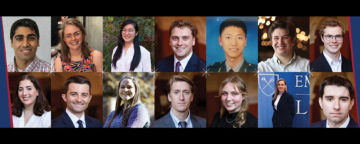News coverage of expert scientific evidence about vaccine safety increases public acceptance of vaccines, but the effect is diminished when that message is juxtaposed with a narrative about real side effects.


News coverage of expert scientific evidence about vaccine safety increases public acceptance of vaccines, but the effect is diminished when that message is juxtaposed with a narrative about real side effects.

In the April issue of Scientific American, scholar Kathleen Hall Jamieson explains how everyone can debunk misinformation about COVID, vaccines and masks.

FactCheck.org and Univision Noticias have received funding from the Google News Initiative to produce fact checks about COVID-19 immunization misinformation as short bilingual video explainers.

The holiday season usually has the lowest suicide rates, but news accounts persist in supporting the holiday-suicide myth. While the COVID-19 pandemic has increased risk factors associated with suicide, media should be careful not to make unfounded claims about suicide trends.

Belief in COVID-19 conspiracy theories predicts resistance to future COVID-19 vaccination and preventive behaviors such as mask-wearing, a new study by APPC researchers has found.

Election security and nuclear threat escalation were also among the challenges for CERL summer interns in the program for students interested in careers in national security.

Users of conservative or social media in the early days of the COVID-19 outbreak were more likely to be misinformed about how to prevent the virus and believe conspiracy theories about it.